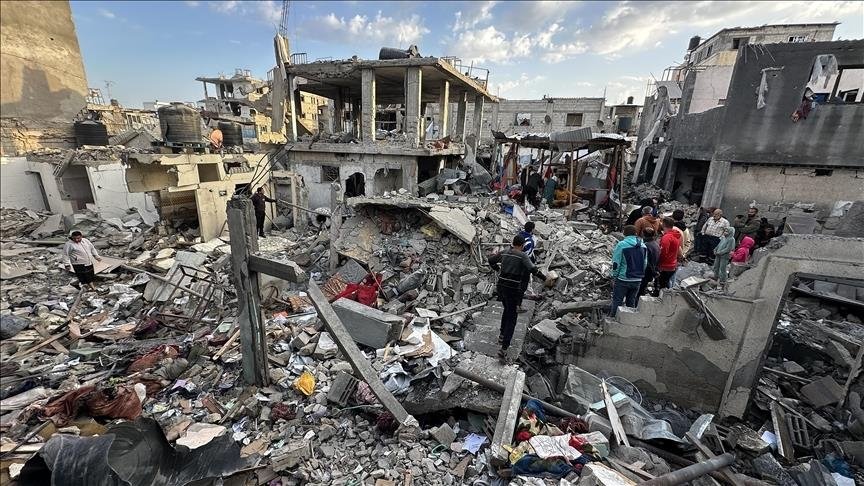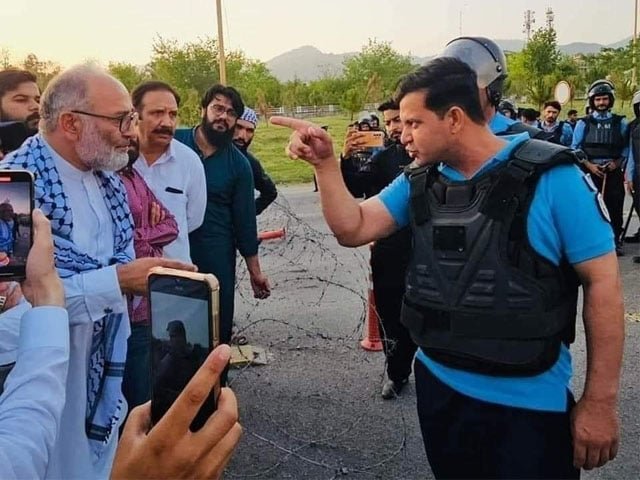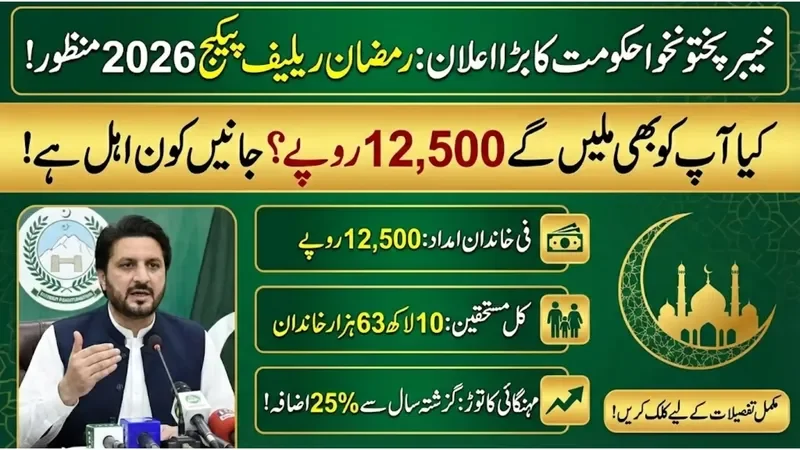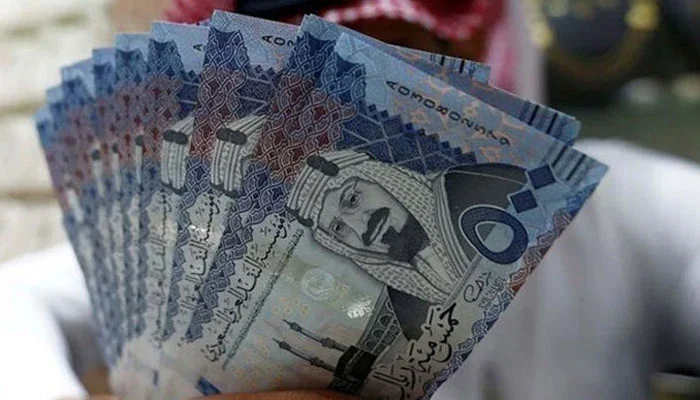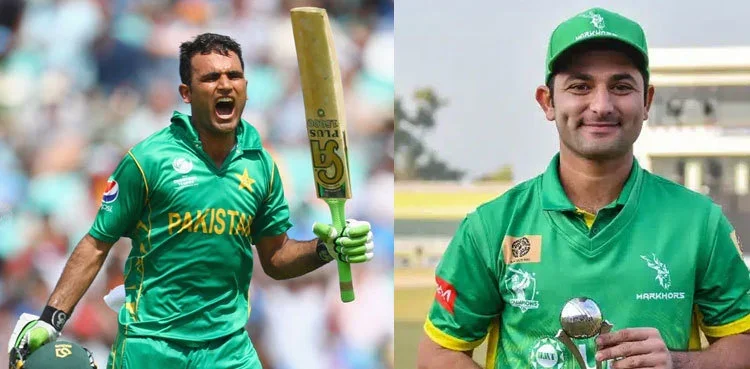Israel launched fresh airstrikes on Gaza, killing at least 24 Palestinians on Sunday, just ahead of indirect ceasefire negotiations in Egypt based on former U.S. President Donald Trump’s 20-point Gaza peace plan. Despite Trump's public call for a halt in the military offensive, the Israeli army continued its bombing campaign, including strikes in Rafah and central Gaza, resulting in civilian casualties, including four people near an aid center and others in displaced areas.
Hamas confirmed that its delegation, led by senior official Khalil al-Hayya, had arrived in Sharm el-Sheikh to participate in talks focused on a ceasefire, Israeli military withdrawal, and a prisoner exchange. The Israeli delegation, led by top Netanyahu aide Ron Dermer, is expected to join negotiations on Monday. Trump announced that the technical teams had made significant progress and were working quickly toward a final agreement, expressing optimism that the first phase could be completed within the week.
The Gaza war has taken a devastating toll on civilians. According to Gaza’s Government Media Office, over 2,700 families have been completely wiped off the civil registry. Casualties include more than 1,000 children under the age of one, as well as hundreds of healthcare workers, journalists, and civil defense responders.
While Trump’s plan calls for Hamas to release all Israeli hostages and Israel to pull back its forces to the so-called “yellow line” (their positions as of August), Israeli Defence Minister Israel Katz has stated that the military intends to maintain control over parts of Gaza and ensure the demilitarization of Hamas.
US Secretary of State Marco Rubio emphasized that while this is the closest point reached toward releasing all hostages, Israel must pause airstrikes to allow negotiations to succeed. He noted, “You can’t release hostages in the middle of strikes.”
Arab and Islamic nations have voiced unified support for the Trump-backed plan. Foreign ministers from Egypt, Jordan, Indonesia, Pakistan, Qatar, Saudi Arabia, Turkiye, and the UAE praised Hamas for agreeing to key conditions, including the release of captives and willingness to hand over Gaza administration to a transitional committee of independent Palestinian technocrats. Their joint statement also welcomed Trump's call for Israel to stop its military campaign and begin implementation of the agreement.
Hamas leader Izzat al-Risheq described the Arab ministers’ support as crucial to pushing the negotiations forward and increasing the chance of a lasting ceasefire. He reiterated Hamas’s commitment to ending the conflict, achieving Palestinian statehood, and establishing Jerusalem as its capital.
Trump has dispatched his son-in-law Jared Kushner and Middle East adviser Steve Witkoff to Egypt to assist with the talks. While he insisted the parties had largely accepted the plan, he acknowledged some adjustments may still be made, stating, “There’ll always be some changes.”
Despite the optimism around the upcoming negotiations, key issues remain unresolved, particularly Hamas's disarmament and the extent of Israeli withdrawal from Gaza.

